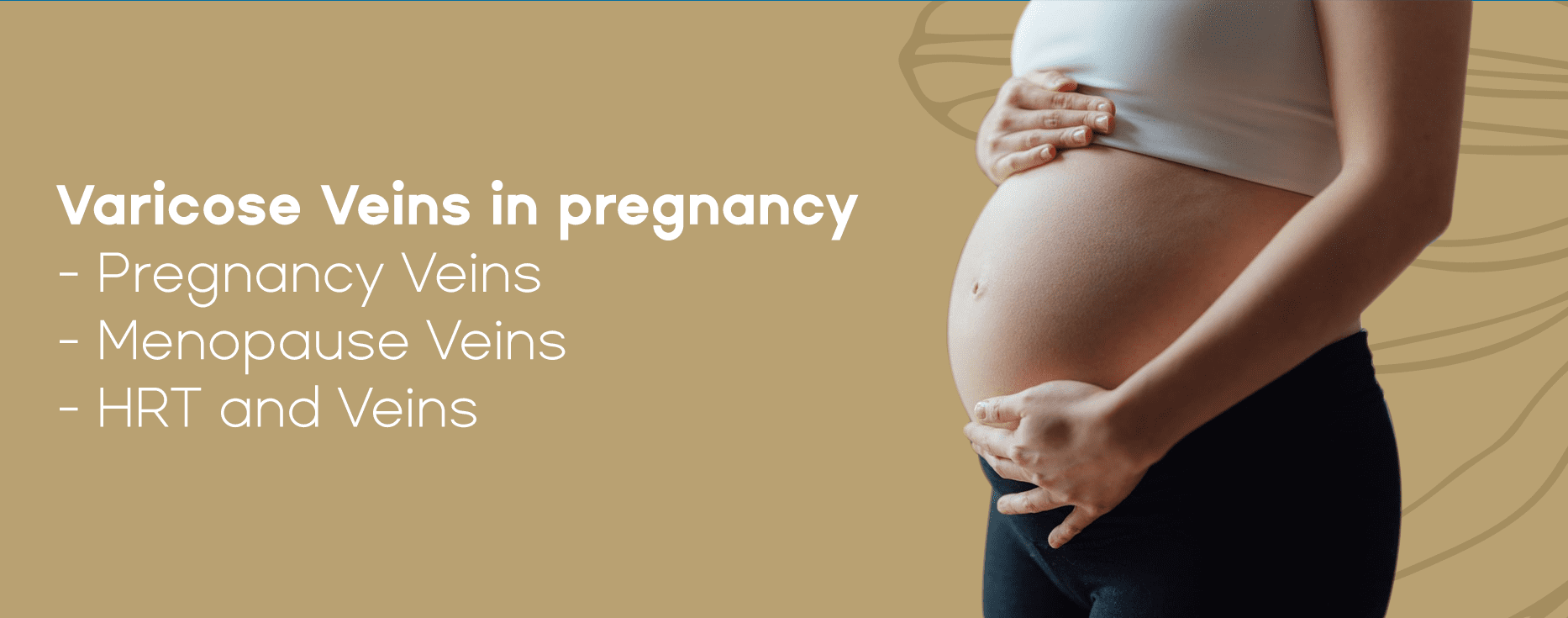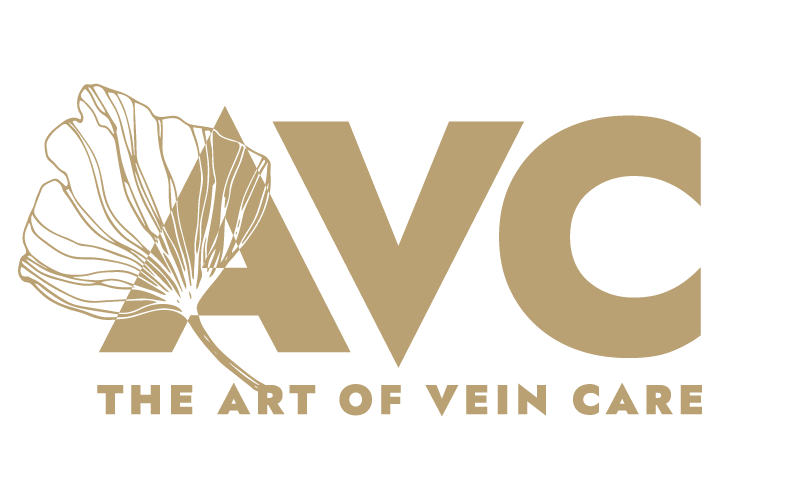Varicose Veins in Pregnancy


What causes varicose veins in pregnancy?
Unsightly, swollen legs with ropey, bulging veins is a common and often uncomfortable aspect of pregnancy.
As the baby grows the uterus presses on and partially blocks the veins returning the blood flow from your legs towards the heart. This increases the pressure in the venous drainage from the legs.
As the baby grows the uterus presses on and partially blocks the veins returning the blood flow from your legs towards the heart. This increases the pressure in the venous drainage from the legs.
Unique pregnancy hormones also soften the vein walls and especially the valves, which makes it harder to do their job and increases the chance of blood “pooling in the leg”.
In many cases varicose veins go away in the first year post-delivery, however often they can cause ongoing issues.

What are the symptoms of varicose veins in pregnancy?
- Generally achiness in the legs, especially towards the end of the day or after extended periods of sitting or standing.
- Other symptoms include itchy skin around the veins, and sometimes in the genital and rectum (haemorrhoids are merely a type of varicose veins).
- Sleep or lying down often relieves this achiness.
- One can develop problems with the veins that drain the left ovaries (left ovarian vein incompetence), but this is more of a long term issue. Read more about ovarian vein incompetence here.
What can I do to prevent varicose veins worsening in pregnancy?
- Stay active throughout your pregnancy and avoid hours of sitting
- Walking and swimming are highly suitable activities for pregnancy fitness
- Raise your legs on a pillow often
- Wear support stockings available from AVC that can be fitted accurately in our rooms and can be reused after your pregnancy.

- Aim to keep weight within a health range
- Avoid the same sitting or standing position for too long
- Wear maternity support hose that gently compress the leg muscles and help squeeze the blood back to the heart.
Why does menopause often make veins worse?
Read our blog on menopause and varicose veins here.
